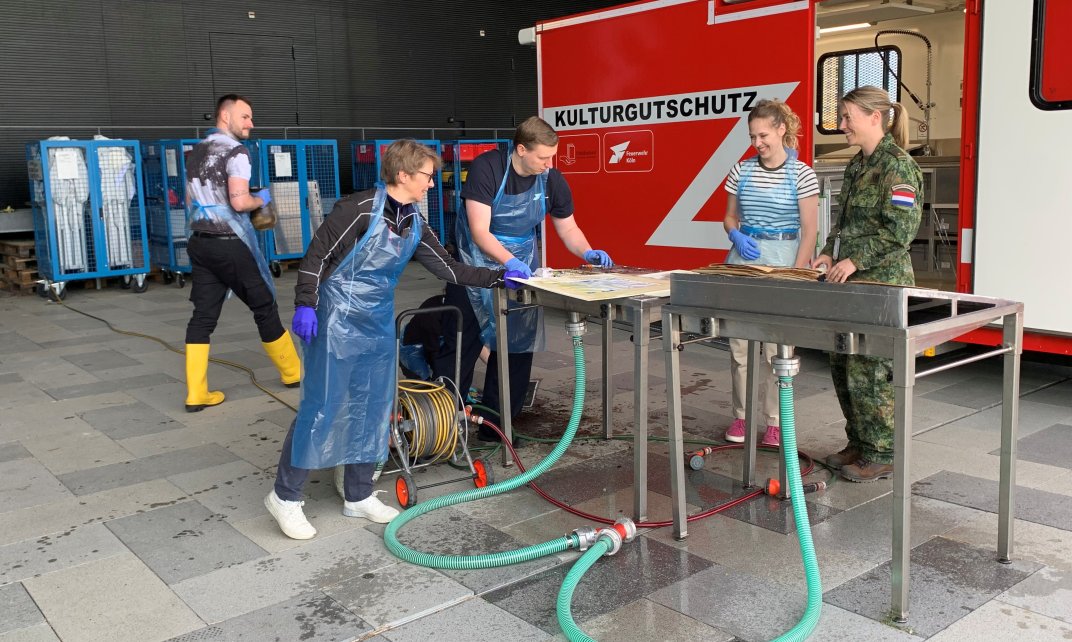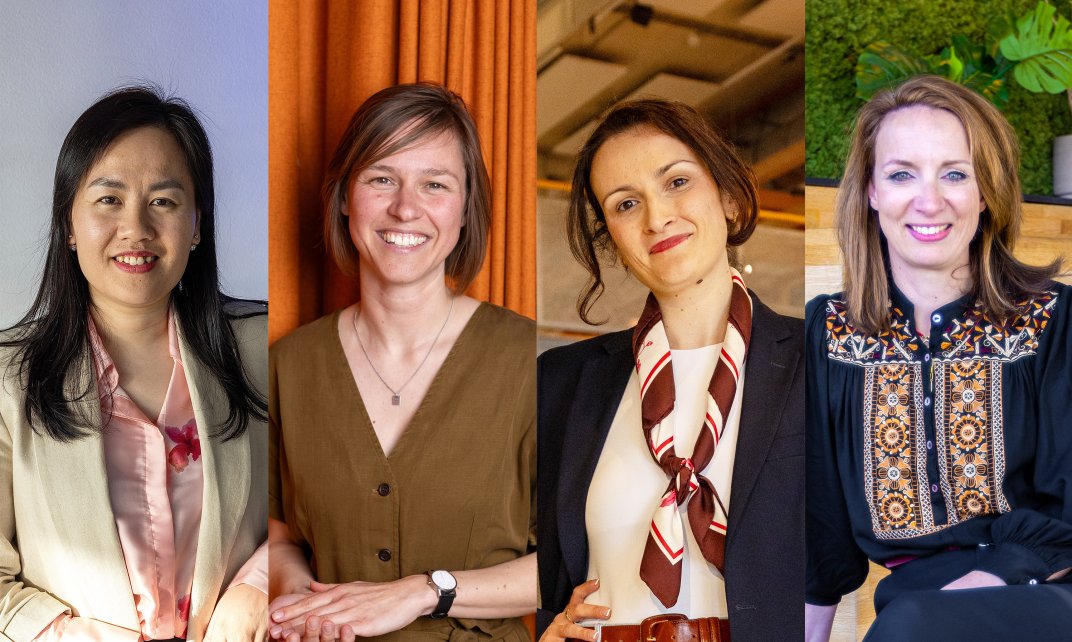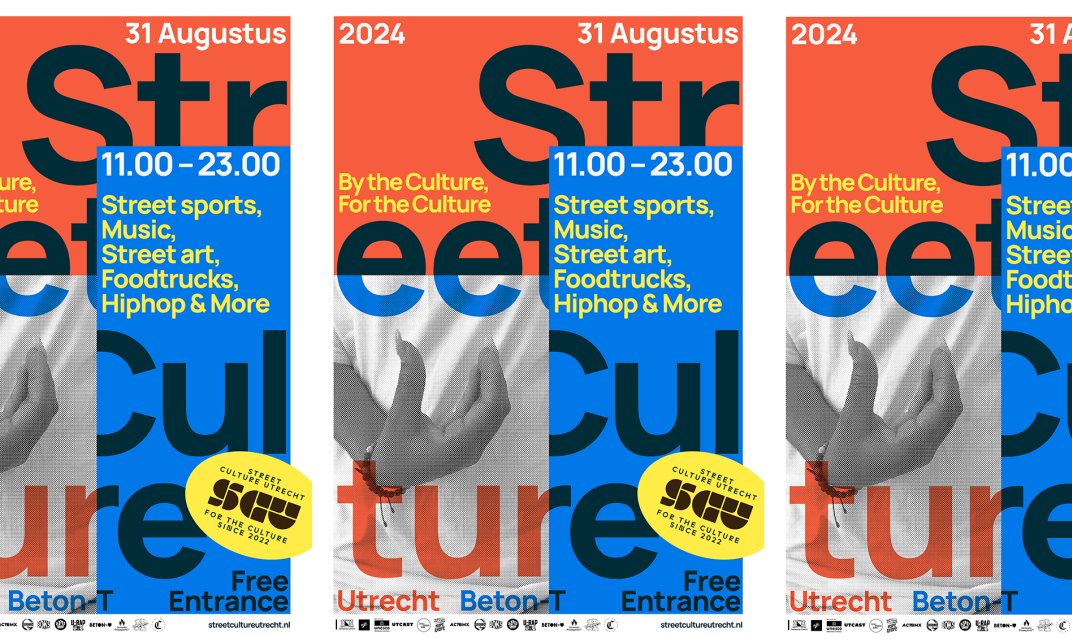
(For English see below).
Unesco-leerstoelen maken deel uit van een mondiaal netwerk dat bestaat sinds 1992 en onderzoek, onderwijs en publieksgerichte activiteiten bevordert rondom Unesco-thema’s zoals duurzaamheid, cultuur, kunstmatige intelligentie, of bio-ethiek. Wereldwijd werken bijna 1000 Unesco Chairs aan kennisproductie en -uitwisseling om het gedachtegoed van Unesco te realiseren. Leidend zijn de Duurzame Ontwikkelingsdoelen (SDGs) van de VN.
Waarom immaterieel erfgoed?
Immaterieel erfgoed is levend erfgoed. Het zijn de tradities, ambachten en rituelen die mensen overdragen aan volgende generaties. Of het nu gaat over het wekelijkse bezoek aan de barbershop in de buurt, de innovatie van traditionele ambachten, of plaatselijke dorpsfeesten, immaterieel erfgoed draagt bij aan culturele identiteit en versterking van sociale cohesie.
In de afgelopen tien jaar is mede door de implementatie van het Unesco Immaterieel Erfgoed Verdrag het bewustzijn en daarmee ook de discussie over immaterieel erfgoed toegenomen. De Nederlandse Unesco Commissie vindt het juist vanwege de diversiteit aan opvattingen belangrijk dat gesprekken en beslissingen over immaterieel erfgoed op inclusieve wijze en bottom-up tot stand komen. Hoe zorgen we ervoor dat de inventarisatie van immaterieel erfgoed de rijkdom van onze samenleving weerspiegelt en bijdraagt aan sociale verbinding? Een Unesco-leerstoel gericht op immaterieel erfgoed kan een bijdrage leveren aan de wereldwijde kennisopbouw en nieuwe samenwerkingsverbanden op dit gebied.
Waarom mens en ecosysteem?
Het werk van Unesco raakt voortdurend aan de relatie tussen de mens en zijn omgeving. Zo vormen Unesco’s geoparken en biosfeergebieden (waarvan elk één in Nederland) internationale netwerken van gebieden waar mensen door onderzoek en onderwijs meer kunnen leren over klimaatverandering, over duurzame ontwikkeling en over hoe menselijk gebruik en natuurbehoud hand in hand kunnen gaan. Deze gebieden leveren zo op eigen wijze een bijdrage aan complexe ruimtelijke opgaven. Tegelijk heeft klimaatverandering nu al een grote impact op deze plekken, evenals op Unesco Werelderfgoed – ook in Nederland.
De Nederlandse Unesco Commissie zoekt een Unesco-leerstoel die een constructieve rol kan spelen in het samenbrengen van kennis en van betrokken partijen, en het voortouw kan nemen in de kennisproductie op dit thema.
Voor beide thema’s geldt dat de Commissie voorstellen verwelkomt met de volgende kenmerken:
- Hoge wetenschappelijke kwaliteit;
- Maatschappelijk relevant en inzet op het betrekken van een breed publiek;
- Transdisciplinair karakter en gericht op samenwerking met partners uit het mondiale Zuiden;
- (financieel) toekomstbestendig.
Aanvraagprocedure
Kandidaten die overwegen een voorstel in te dienen, doen er goed aan de veelgestelde vragen te lezen. Daar vinden zij bijvoorbeeld meer informatie over de vier belangrijke rollen die Unesco-leerstoelen voor Unesco en voor de Nederlandse Unesco Commissie kunnen vervullen: die van expert, partner, ambassadeur, en verbinder. Ook is het verstandig Unesco’s internationale guidelines and procedures voor Unesco-leerstoelen te bestuderen.
Kandidaten dienen in eerste instantie een Engelstalig pre-proposal in bij de Nederlandse Unesco Commissie. Het formulier voor een pre-proposal vindt u hier.
De Commissie selecteert maximaal drie pre-proposals die verder uitgewerkt kunnen worden tot een volledig aanvraagdossier. In het uitwerken van dit aanvraagdossier ontvangen kandidaten advies van het bureau van de Commissie. De volledige aanvraagdossiers worden beoordeeld door de Nederlandse Unesco Commissie. Bij een positief oordeel, worden zij vóór 30 april ingediend bij het internationale secretariaat van Unesco in Parijs. Het eindoordeel voor nieuwe aanvragen voor Unesco-leerstoelen ligt bij dit secretariaat.
Deadlines
De Commissie hanteert voor de Call van 2024 de volgende deadlines voor voorstellen:
Vrijdag 12 januari: Kandidaten leveren pre-proposal in via info@unesco.nl.
Vrijdag 2 februari: De Commissie selecteert maximaal drie pre-proposals die verder kunnen worden ingediend. Alle kandidaten worden geïnformeerd.
Vrijdag 29 maart: Maximaal drie kandidaten dienen uitgewerkte aanvraagdossiers in bij de Commissie.
Dinsdag 30 april: Bij positief oordeel van de aanvraagdossiers, dient de Commissie deze in bij het Unesco Secretariaat in Parijs.
N.B.: Pre-proposals voor Unesco-leerstoelen op de thema’s Immaterieel erfgoed en Mens en ecosysteem zullen voorrang krijgen in de beoordeling van de Commissie. Pre-proposals op het gebied van andere Unesco-thema’s zullen desalniettemin wel in overweging worden genomen. Hiervoor gelden dezelfde bovenstaande voorwaarden en deadlines.
Bekijk het overzicht van de bestaande Unesco-leerstoelen in Nederland.
Voor meer informatie kunt u contact opnemen met Jon Verriet, adviseur wetenschap, via info@unesco.nl.
English
The Netherlands Commission for Unesco welcomes proposals for Unesco Chairs in the fields of (New) intangible heritage and Humans and their ecosystems
Unesco Chairs are part of a global network, in existence since 1992, which promotes research, education and outreach activities around the themes of Unesco, such as sustainability, culture, artificial intelligence, or bioethics. Nearly 1000 Unesco Chairs worldwide work on knowledge production and the exchange of ideas to work towards Unesco’s goals. The Sustainable Development Goals of the UN form guiding principles.
Why intangible heritage?
Intangible heritage is living heritage. This heritage is shaped by the traditions, crafts and rituals that people pass on to subsequent generations. Whether it concerns people’s weekly visit to the neighborhood barbershop, the innovation of traditional crafts, or the festivals of the local village, intangible heritage contributes to people’s cultural identity and strengthens social cohesion. In the past ten years, people’s awareness of intangible heritage has increased and public debates have intensified, in part due to the implementation of Unesco’s Convention for Intangible Heritage.
The Netherlands Commission for Unesco believes it is important, precisely because of the existing diversity of viewpoints, that debates and decisions about intangible heritage are inclusive and bottom-up. How do we ensure that the inventory of intangible heritage reflects the wealth of our society and contributes to (new) social connections? A Unesco Chair in intangible heritage will be able to contribute to global knowledge building and the establishment of new partnerships in this field.
Why humans and their ecosystems?
The work of Unesco constantly touches upon the relationship between humans and their environment. For example, Unesco’s geoparks and biosphere reserves (currently there are one of each within the Netherlands) form international networks of territories and regions where people can learn more about climate change and sustainable development through research and education. They help to envision ways in which the conservation of nature and human use of natural resources can go hand in hand. In this way, these areas contribute to complex challenges about the way we shape our environment. At the same time, our environment shapes us. Climate change already has a major impact on these places, as well as on Unesco World Heritage sites in many countries – including the Netherlands. The Netherlands Commission for Unesco is looking for a Unesco Chair that can play a constructive role in bringing together knowledge, bringing together stakeholders, and that can take the lead in the production of knowledge on this theme.
For both themes, the Commission welcomes pre-proposals with the following characteristics:
- High scientific quality
- Social relevance, and committed to involving a broad audience
- A transdisciplinary approach, and focused on collaboration with partners from the Global South
- Future-proof (also financially)
Application procedure
Candidates who are considering submitting a proposal should read the frequently asked questions. There they will find, for example, more information about the four important roles that Unesco Chairs can fulfill for Unesco and for the Netherlands Commission for Unesco: that of expert, partner, ambassador and connector. It is also advised to study Unesco’s international guidelines and procedures for its Chairs.
The first step for candidates who want to apply, is to submit an English-language pre-proposal to the Netherlands Commission for Unesco. The form for a pre-proposal can be found here.
After the deadline, the Commission selects a maximum of three pre-proposals that can be developed further into complete application files. Through this process of development, candidates are advised by the bureau of the Commission. Then, their complete application files are assessed by the Netherlands Commission for Unesco. When a complete application file receives the approval of the Commission, it will be submitted to the international Secretariat of Unesco in Paris before April 30th, where the final decision about these applications will be made.
Deadlines
The Commission has set the following deadlines for proposals for the Call of 2024:
Friday 12 January: Candidates submit their pre-proposal via info@unesco.nl.
Friday 2 February: The Commission selects a maximum of three pre-proposals to be developed into full application files. All candidates will be informed.
Friday 29 March: A maximum of three candidates submit their full application files to the Commission.
Tuesday 30 April: Application files that are approved by the Commission, are submitted to Unesco’s Secretariat in Paris.
Please note: Pre-proposals for Unesco Chairs on the themes of Intangible heritage and Humans and their ecosystems will be prioritized by the Commission. However, pre-proposals on other themes of Unesco will still be taken into consideration. The same conditions and deadlines apply.
An overview of current Unesco Chairs in the Netherlands can be found here.
For more information, please contact Jon Verriet, science advisor of the Commission, at info@unesco.nl.



